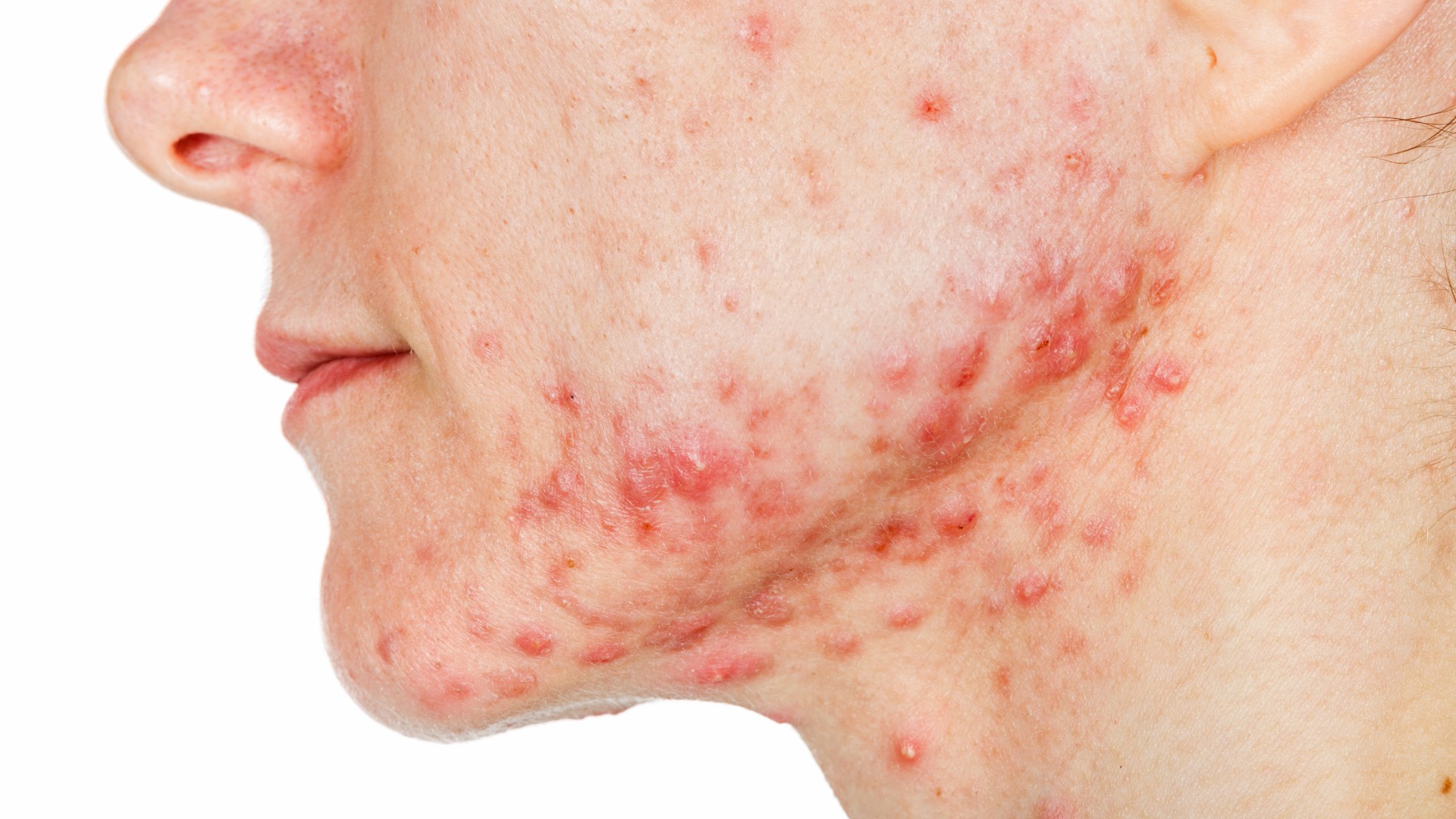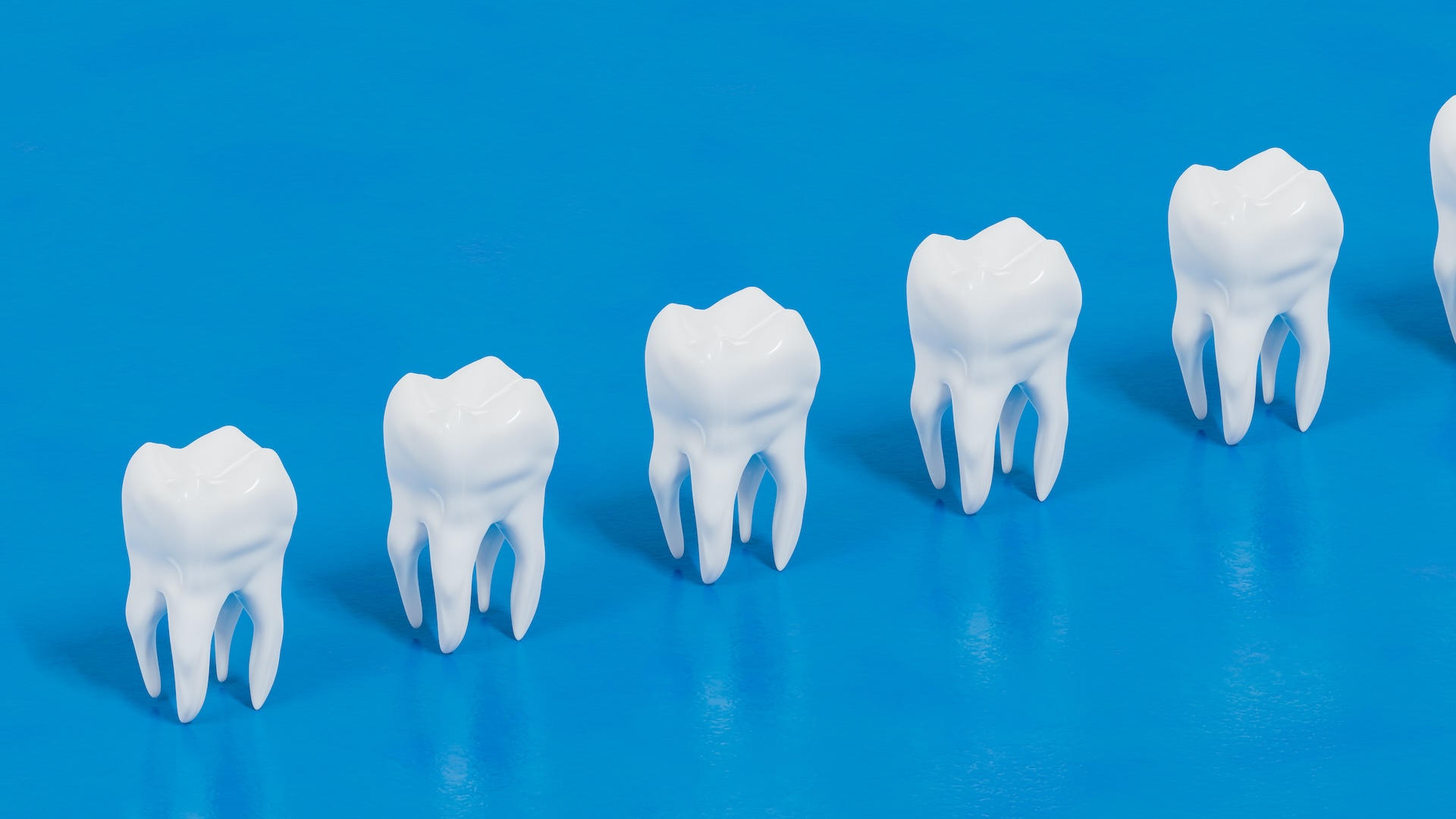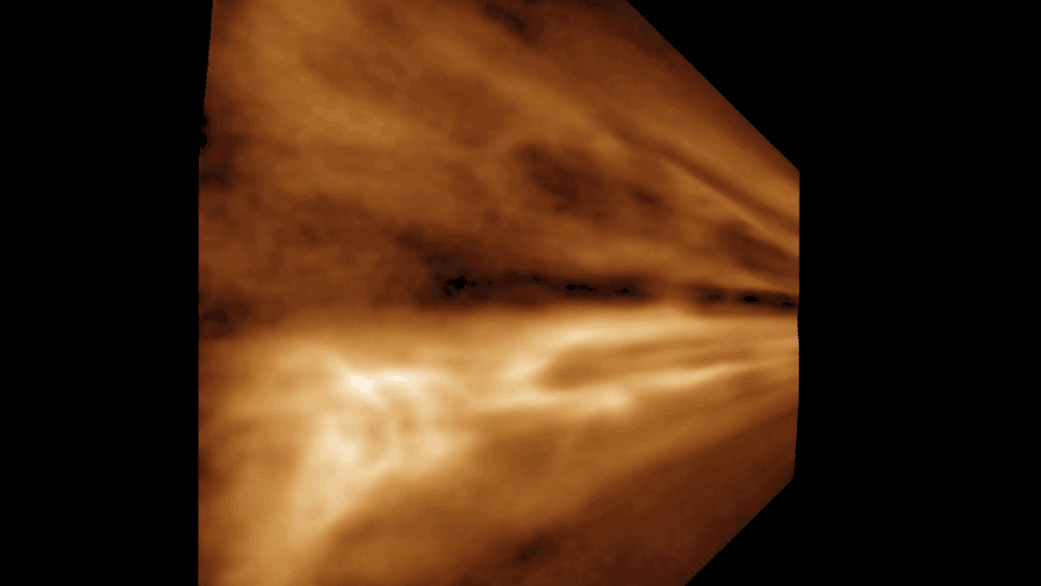1st at-home test for flu and COVID authorized by FDA, but its maker is bankrupt
The Food and Drug Administration authorized a new test that detects SARS-CoV-2, influenza A and influenza B.

The U.S. Food and Drug Administration (FDA) has authorized the first over-the-counter combination test for both influenza and COVID-19, the agency announced on Feb. 24. However, the test's maker recently filed for bankruptcy, so it's unclear whether the company has the resources to ramp up manufacturing and sell the test on a large scale, STAT reported.
The single-use, at-home test kit, made by the California-headquartered company Lucira Health, can differentiate between the two major types of influenza viruses — influenza A and influenza B — as well as detect SARS-CoV-2, the virus that causes COVID-19. The test uses nasal swab samples and provides results in 30 minutes or less; it's intended for use in individuals who've developed signs and symptoms of a respiratory tract infection.
"In individuals with symptoms, the Lucira COVID-19 & Flu Home Test correctly identified 99.3% of negative and 90% of positive Influenza A samples, 100% of negative and 88.3% of positive COVID-19 samples and 99.9% of negative Influenza B samples," the FDA statement reads.
The agency noted that, since influenza B viruses are circulating at extremely low levels compared with influenza A, "there are currently not enough cases of Influenza B circulating to include in a clinical study." Because of this, Lucira confirmed that its test can detect influenza B by using "contrived" viruses, not taken directly from patients but rather grown in a lab setting. The FDA granted an "emergency use authorization" for the test based on this data, but to earn full FDA approval, Lucira will need to collect patient samples to confirm that their test reliably detects influenza B in real-world settings, the FDA said.
Related: Could we ever eradicate the flu?
All rapid diagnostic tests produce some false positives — where a person tests positive when they're not actually infected — and false negatives — where they test negative despite being infected, the FDA noted. That said, Lucira's test does use "nucleic acid amplification" technology, which magnifies the amount of virus in the swab sample, making it more likely to detect both flu and COVID-19 than a typical rapid test, STAT reported.
Those who test negative on a Lucira test, especially for COVID-19 or influenza B, should consider confirming their result with a more-sensitive laboratory test, like one that uses PCR, the FDA said. "Individuals who test negative and continue to experience symptoms of fever, cough and/or shortness of breath may still have a respiratory infection and should seek follow up care with their healthcare provider."
Sign up for the Live Science daily newsletter now
Get the world’s most fascinating discoveries delivered straight to your inbox.
Lucira hasn't disclosed the price of its at-home test, according to STAT.

Nicoletta Lanese is the health channel editor at Live Science and was previously a news editor and staff writer at the site. She holds a graduate certificate in science communication from UC Santa Cruz and degrees in neuroscience and dance from the University of Florida. Her work has appeared in The Scientist, Science News, the Mercury News, Mongabay and Stanford Medicine Magazine, among other outlets. Based in NYC, she also remains heavily involved in dance and performs in local choreographers' work.









